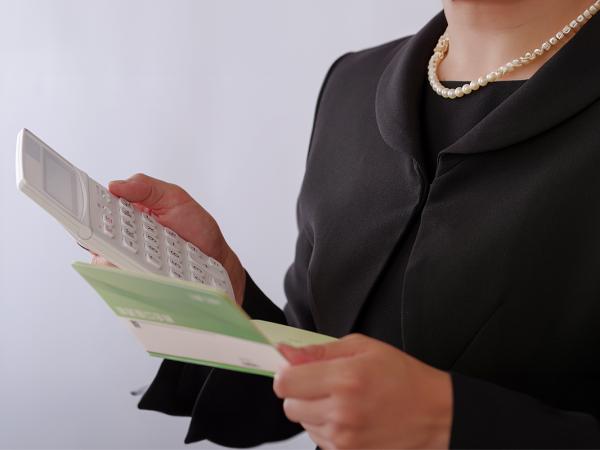Joint property on death
This page explains what happens to the ownership of assets that are jointly owned by the deceased and someone else at the date of death. This is an overview only and professional advice should be sought where there is any doubt and/or the sums are significant.

Content on this page:
Joint bank accounts
We discuss how the income from joint bank accounts are taxed during the owners’ lifetime on our page Joint income from savings.
When one of the account holders dies, the funds in that account will usually automatically belong to other joint account holder(s). Any income arising after death will therefore be the income of the surviving joint owner and will not be income of the estate.
Partnership income and assets
If a member of a partnership dies, what happens to partnership income and assets following the death would be covered by the terms of the partnership agreement, if there is one. In many cases the capital account of the deceased would be paid to his estate, but legal advice should be sought.
Other joint investments
Shares in companies normally follow the same principles as for bank accounts above. Note, however, that for the jointly owned property rule to apply to shares, the shares would need to be owned jointly rather than each person owning an equal number of the same holding.
For investment bonds and other types of insurance policy, you will need to contact the relevant financial institution to establish its status.
Jointly owned property
How jointly owned property is dealt with on death of one owner depends on how the title deeds of the property show ownership. This is something that is normally set out when a property is purchased, but can be changed later.
The principles below can apply to any properties owned by the deceased, for example, their main home, holiday homes, shops, warehouses, let properties, and so on.
England, Wales and Northern Ireland
In England, Wales and Northern Ireland, property may be owned as ‘joint tenants’ or ‘tenants in common’.
Where it is held as joint tenants, on the death of one of the owners, the property automatically becomes owned by the other joint owner.
Where property is owned as ‘tenants in common’, each person owns their separate share of the property and on the death of one of the owners it does not pass automatically to the other owner(s), but instead it will pass through the deceased’s will or according to the laws of intestacy, if there is no will.
Scotland
In Scotland the terminology is different but the same two options are available. Normally when property is purchased jointly there is a survivorship clause, meaning that on the death of one of the joint owners, their share in the property automatically passes to the survivor(s). In order to allow a similar position to the tenants in common situation described above, this survivorship condition needs to be ‘evacuated’.
Inheritance tax treatment
Any property owned as a joint tenant (or, in Scotland with a survivorship clause intact) passes outside the will to the other joint owner. But this does not mean that the value of the asset is ignored for inheritance tax (IHT) purposes – the value still needs to be included in the estate, though there might be no inheritance tax on it (for example, if it is inherited by a UK domiciled spouse or civil partner). You can read more about inheritance tax generally in our page Inheritance tax.
Further information and help
GOV.UK gives some information on joint property ownership. There is further, more in depth, guidance available in HMRC’s technical manuals.
For further sources of information and support, see our separate page Getting tax help on bereavement, trusts and estates.



